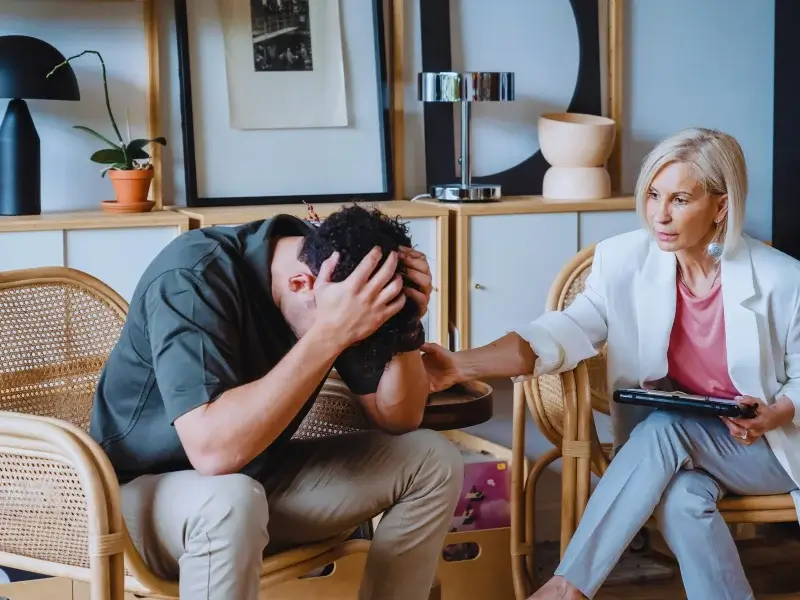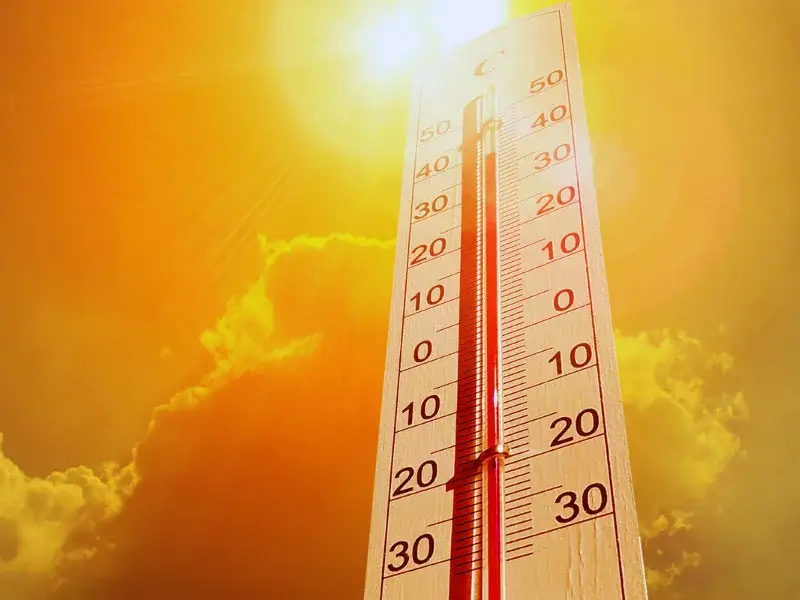Since the start of the pandemic, many individuals are forced to quarantine, stay on lockdown, and have social distance inside their houses, condos, apartments, etc. This physical distancing is essential to slow down the spread of the virus. However, long periods of social distancing can affect your mental health — both for the better and for the worse.
Social Isolation: What Is It?
The absence of human connection is referred to as social isolation, and it can lead to loneliness. Loss of movement, unemployment, or health concerns can all contribute to this condition of being cut off from typical social networks. Isolation isn’t always a bad thing; most individuals, at least occasionally, seek seclusion. It’s possible to be rejuvenated, peaceful, and calming when you’re alone. In most cases, social isolation also refers to unwelcome and unpleasant alone.
Staying at home for extended periods of time, having limited to no access to services or active participation, and having little or no contact with friends, family, and acquaintances are all examples of isolation. People who are socially isolated may not have close friends or coworkers, and they may feel lonely or unhappy as a result. They may have low self-esteem or be anxious.
Relationship of Social Isolation with Mental Health
According to WHO, there is a significant relationship between social connection to mental health, meaning social isolation is also of relevance to your mental healths state.
Being able to connect and interact with other people will significantly increase or boost your mental state since social connection helps battle loneliness. And being socially isolated can dampen your mental state and put you at risk for mental illnesses such as depression, anxiety, schizophrenia, suicide, and dementia.
Not to mention, researchers have also found that loneliness also has a connection to your physical well-being. Since there is a link between mental and physical well-being, the negative health effects of social isolation range from sleep deprivation to a weakened immune system. Anxiety, sadness, and suicide rates are all linked to loneliness. Poor cardiovascular health and cognitive function are also connected to isolation and loneliness.
Who Are At Risk?
Because of the COVID-19 outbreak, health authorities all around the world are encouraging individuals to keep their distance from each other. Although the physical distance is a good way to avoid the spread of SARS-CoV-2, however, the downside of physical distance is that it can also lead to feelings of isolation.
Isolation is especially common among the elderly. One of the reasons why older people are more vulnerable to loneliness is because they are more likely to go through major life transitions like becoming a widow, having children leave home, or retiring.
Socializing may become more challenging as a result of these changes. Socializing beyond the household may be more challenging for those with impairments or health conditions that limit physical activity, thus, resulting in mental illnesses due to social isolation.
We also encounter younger adults who suffer from mental illnesses due to social isolation when they are single, alone at home, or divorced.
Bottomline
Since the start of the pandemic, the majority have felt isolated. Not being able to meet with friends, family, co-workers, etc. However, it is completely normal and should be addressed immediately to make sure that you don’t suffer more greatly due to the effects of social isolation.






